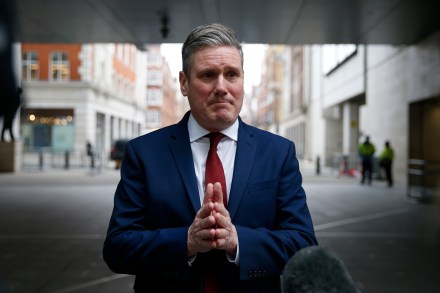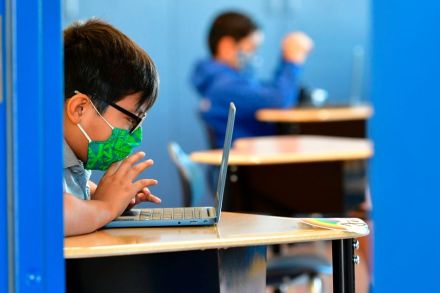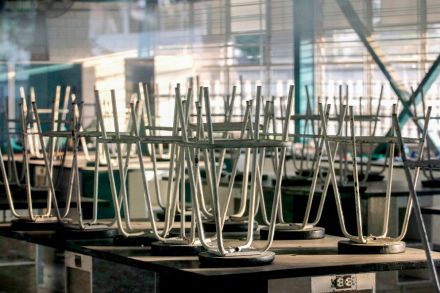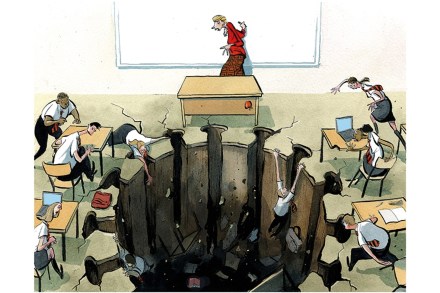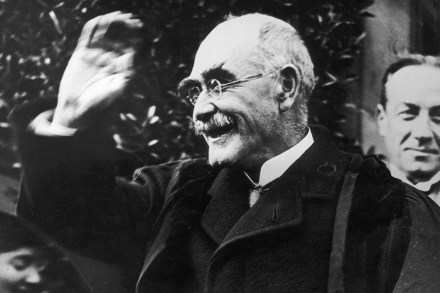Captain Hindsight strikes again
A third stint in self-isolation and some extra time alone doesn’t seem to have given Keir Starmer time to reflect on his opposition strategy. Last night Labour called on the government to prioritise the reopening of schools when the time comes to lift lockdown restrictions. Clearly a good idea — so good in fact that it’s already government policy. Boris Johnson has spent the best part of a year making clear that he will prioritise face-to-face education above almost all other social activity, telling the Commons three weeks ago that schools would be the first thing to reopen. Starmer can hardly complain when the PM mockingly calls him ‘Captain Hindsight’ —
